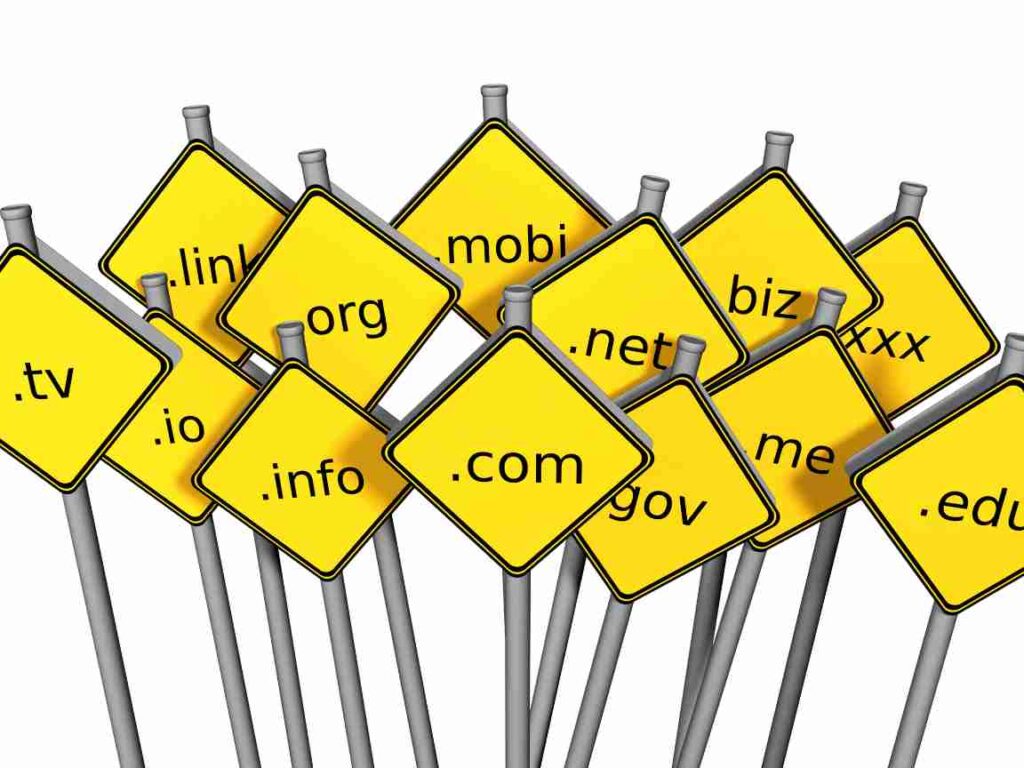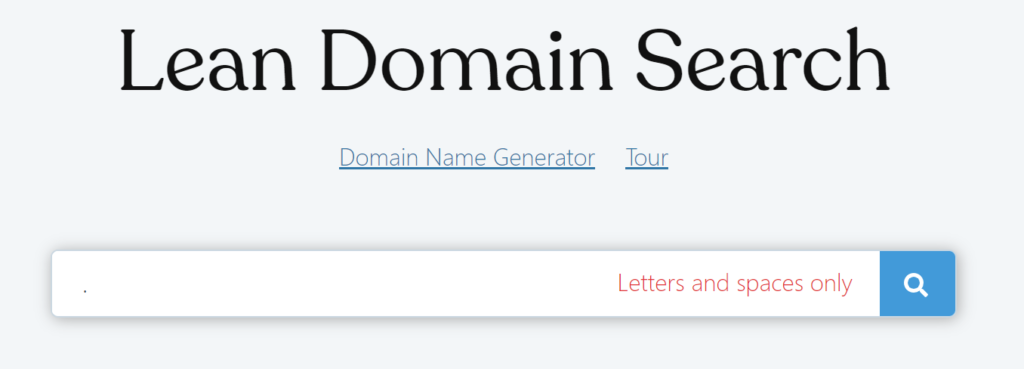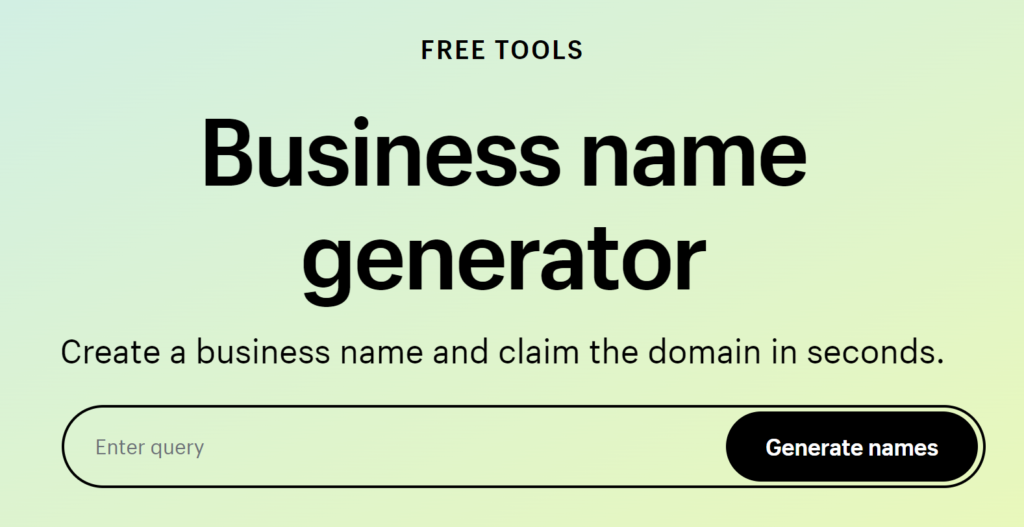Hello, folks! If you’re reading this article, you’re probably either at the early stages of creating a website or looking to rebrand an existing one. One thing’s for sure: the name you choose is critical. It’s the virtual front door to your site, the digital embodiment of your brand. But what’s in a website name? Well, as it turns out, quite a bit.
Registering a domain name for some dictionary word is just impossible, since all of them should have already been registered long back and you might seldom get lucky to book a domain name of your own choice. Some webmasters and domain buffs are always looking for high paying and popular keywords that can be registered as domain name and later sold out for higher price and this is certainly a big market considering huge amount of returns you may earn. This post will guide you through a practical approach to coming up with killer website name ideas.

Table of Contents
Understanding Your Brand
Before we dive into the naming part, let’s take a moment to understand your brand. Your website name should mirror your brand identity – it should communicate what you do, who you are, and what sets you apart.
Consider your brand’s core values and mission. If your brand stands for sustainability and eco-friendly practices, including a relevant term in your website name could be a smart move. If innovation and tech-savviness define your brand, a cutting-edge and modern website name would make sense.
Think about your target audience as well. What kind of language resonates with them? If they’re a younger crowd, they might prefer trendy or catchy terms. If they’re more professional, they might appreciate straightforward and unambiguous language.
Importance of Choosing Right Domain Name
Just as a book’s cover can intrigue a reader, your domain name can spark curiosity among web surfers. It’s often the first thing people notice, making it your first chance to create a strong impression. Does the website seem trustworthy? Is it relevant to what I’m looking for? All these initial judgments can hinge on the name of your website.
- A well-chosen name can convey what your website or business is all about. If you run a bakery, a domain name like ‘JanesFantasticBakes.com’ says it all. But, let’s say your website is about technology reviews. In that case, a name like ‘TechInsightsByJane.com’ would make more sense.
- A memorable website name also aids in building brand recognition. Familiarity breeds trust, and a distinctive name will stay in people’s minds, making them more likely to return to your site.
- Search engines like Google still consider domain names when ranking websites and for SEO. So, a domain name that includes keywords related to your website’s content can improve your chances of standing out in search results.
Choosing the right domain name is thus not just a creative task; it’s a strategic move. It’s about finding a name that aligns with your brand, communicates your website’s purpose, and is easy for visitors to remember and type into their browser. In the grand scheme of things, your domain name is like your signature in the digital world. So, make it count!
Brainstorming Creative Names
Once you have a good grasp of your brand identity and your audience, it’s time to brainstorm. This is where you let your creativity flow.
- Wordplay: Puns, alliteration, or rhymes can make your website name memorable. A classic example is “YouTube”. The term “Tube” is slang for television, effectively communicating that the site is a place for sharing videos, essentially “You” broadcasting on your own “Tube”.
- Compound words: By combining two related words, you can create a unique and easy-to-remember website name. For instance, “Facebook”, combines “Face” and “Book”, implying a directory of faces.
- Misspellings: Although you should tread carefully here to avoid confusion, creatively misspelled words can lead to unique website names. Take “Flickr” or “Lyft”, for example.
- Acronyms: If your website name is a mouthful, consider using an acronym. “IBM”, short for International Business Machines, is a prime example.
Remember, these are only starting points. Don’t limit your creativity. And remember to keep it simple and catchy. A long, complicated name will be difficult for visitors to remember.
7 Best Website Name Generators
Website name generators are online tools designed to offer a multitude of name options based on keywords you provide. Simply put, they’re like digital brainstorming buddies. They can present you with hundreds, even thousands, of possible names, which can spark further creativity and direction.
Let’s dive into some popular name generators:
NameMesh: This generator sorts names into categories like common, new, short, extra, similar, and SEO.
- Pros: Extensive list of name suggestions, domain availability check, offers various TLD options.
- Cons: It can overwhelm with too many options, and some suggestions might be too complex or nonsensical.

Lean Domain Search: This tool pairs your keyword with other words, creating a comprehensive list of available domain names.
- Pros: Easy to use, excellent for keyword-based names, availability check included.
- Cons: Limited creativity as it mainly adds popular prefixes or suffixes to your keyword, .com domain options only.

Panabee: A unique generator that provides creative variations of your input, such as alternative spelling, related terms, or added prefixes/suffixes.
- Pros: Great for out-of-the-box name suggestions, checks domain and social media availability.
- Cons: Some suggestions might seem too unusual or complex, and it does not allow multiple keyword inputs.

Bust a Name: This tool lets you enter a few keywords, and it will mix and match them, providing a variety of potential domain names. It will also show you if the domains are available.
- Pros: User-friendly, combines multiple keywords.
- Cons: Doesn’t suggest brandable names or made-up words, only uses provided keywords.
Shopify Business Name Generator: While primarily a tool for Shopify users, it’s useful for anyone looking for domain name suggestions. Simply enter a keyword, and it will generate a list of available domain names.
- Pros: Excellent for ecommerce-related website names, shows only available .com domains.
- Cons: It tends to append the keyword with additional words, so it might not be as creative as some other tools.

Nameboy: A veteran in the domain name generator world, Nameboy allows you to input multiple keywords and then generates a list of available domains based on these.
- Pros: Can input multiple keywords, user-friendly interface.
- Cons: The availability checker isn’t always accurate, so cross-checking is advised.
DomainWheel: This tool comes up with domain suggestions by mixing in your keyword(s) with other words and even invents new words.
- Pros: Offers unique and brandable names, also suggests alternative TLDs.
- Cons: The interface isn’t as intuitive as some other generators, and it might suggest some complex names.
DomainsBot: DomainsBot takes your keyword and comes up with ideas, including synonyms and variations. It also checks social media handle availability.
- Pros: Wide range of name suggestions, checks social media availability.
- Cons: It can overwhelm with too many options, and the domain pricing can be inconsistent.
While these tools are incredibly useful, they do have some limitations. They can provide you with countless options, but remember, not every suggestion will be a good fit for your brand. The website name should resonate with your brand’s identity and target audience, which is something an algorithm might not fully capture.
Using AI Tools – ChatGPT and Google’s Bard for Website Name Ideas
In the world of innovation and technology, AI has paved the way for exciting new tools. You might not have considered it, but AI can be a creative ally in your search for the perfect website name. Let’s delve into two AI-powered tools, ChatGPT and Google’s Bard, and see how they can support your brainstorming process.
ChatGPT is a large-scale AI model developed by OpenAI. It’s primarily designed to generate human-like text based on the prompts it’s given. Now, you might be wondering, “How can a chatbot help me generate a website name?” Well, it’s quite straightforward. You can provide a brief description of your business or website, and ChatGPT can generate relevant name suggestions.

Google’s Bard is another language model developed by Google. Though it’s not designed specifically for name generation, its prowess in understanding and generating human-like text can be leveraged for brainstorming website names. Just like ChatGPT, you feed it a description of your business, and it can offer you some intriguing suggestions.
- Pros:
- Can create meaningful and unique name suggestions, provides different perspectives based on the context provided.
- Cons:
- As it’s not specifically designed for name generation, it may require more specific prompts for effective suggestions.
- Does not check domain availability, may provide unrelated suggestions if the prompt is not specific enough.
These AI tools, though not traditional domain name generators, can provide a fresh perspective and spur creativity in your naming process. They can help you think outside the box and come up with some unique and catchy website names.
Finalizing and Testing Your Website Name
Congratulations! You’ve done your brainstorming, you’ve checked domain availability, and you have a list of potential winners. But you’re not across the finish line yet. It’s time to finalize and test your website name.
- Once you’ve selected your favorite, it’s time for a bit of market research. Test the name with a small group of people, preferably those who resemble your target audience. You can do this informally through a conversation, or more formally via a survey. Ask for their first impressions. Does the name make sense? Is it easy to pronounce and spell? Does it resonate with them?
- Remember to check if the name translates well into other languages if you’re planning on having a global presence. This will help you avoid any potential mishaps down the line.
Finalizing and testing your website name might seem like an additional, unnecessary step. But it’s like doing a final dress rehearsal before the big show. It’s an opportunity to catch any potential issues and to ensure that your website name will resonate with your intended audience.
Finding the perfect name for your website can be a daunting task, but remember, it’s also an exciting part of your entrepreneurial journey. It’s an opportunity to showcase your brand’s identity, connect with your audience, and carve out your own unique space in the digital realm.
So, don’t be afraid to get creative, to think outside the box, and to let your brand’s personality shine through. The name you choose will lay the foundation for your website’s identity and become a key aspect of your users’ experience. And who knows? With the right name, your website might just become the next big thing on the web.
Did you find this guide helpful? Or perhaps you have some additional tips and tricks you’d like to share? We’d love to hear from you! Feel free to leave a comment below, share this post with your network, or get in touch with us directly. Let’s keep the conversation going and make the journey to finding the perfect website name a little less daunting and a lot more fun!

very nice